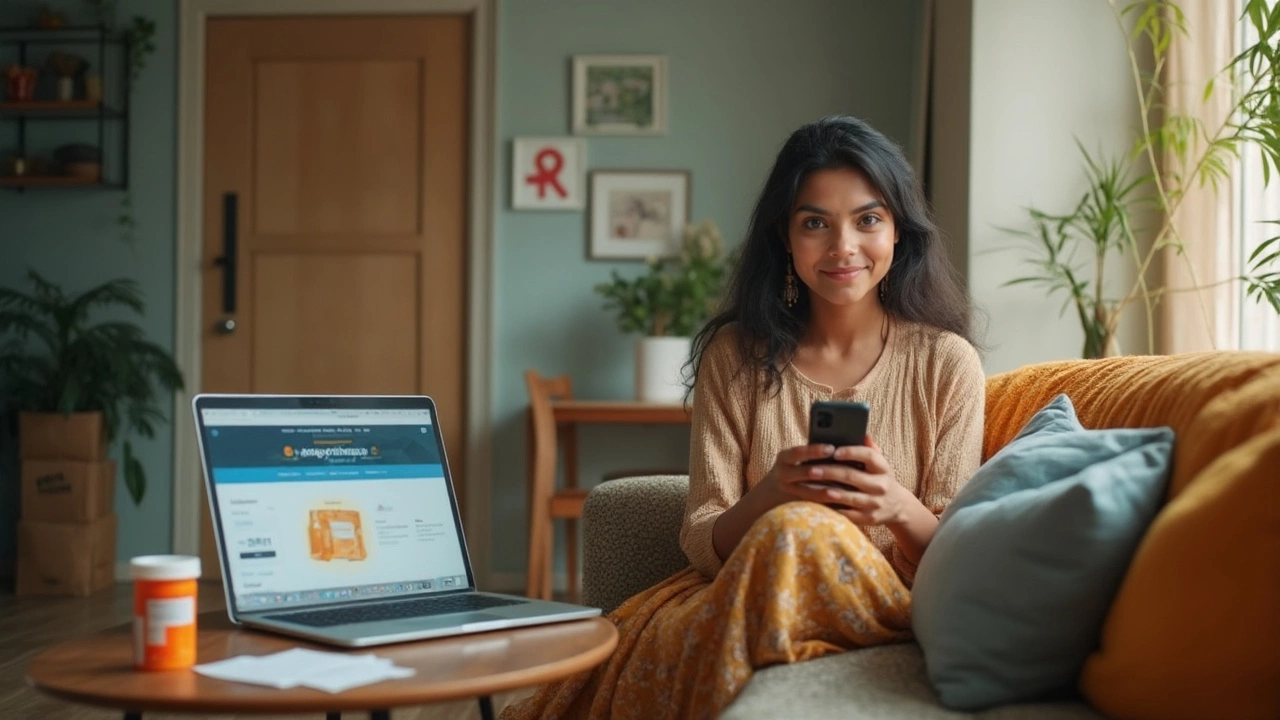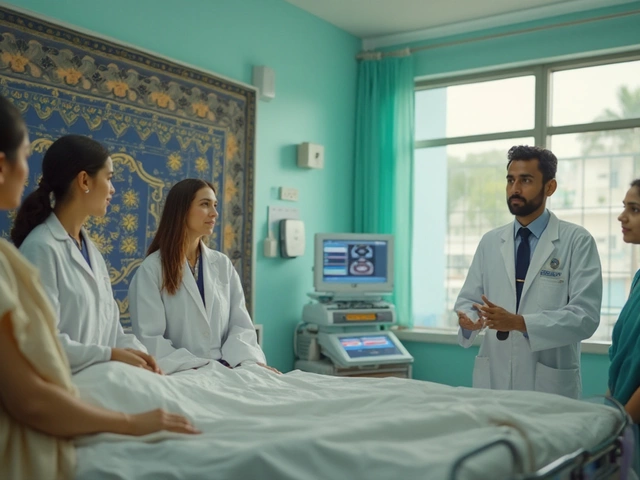Controlled Substances: Risks, Rules, and What You Should Know
If you’ve ever wondered why some pills need a special prescription or why the news talks about “controlled substances,” you’re not alone. These are drugs that can cause serious harm if misused, and they’re tightly monitored by Indian authorities. On this page we’ll break down what qualifies as a controlled substance, why they matter for your health, and simple steps you can take to avoid unwanted side effects.
What Makes a Drug a Controlled Substance?
In India, the government classifies medicines into schedules based on their potential for abuse, addiction, and toxicity. Anything in Schedule H, H1, or X falls under the “controlled” umbrella. Examples include strong painkillers, certain anti‑anxiety meds, and some sleep aids. The key point is that these drugs can be life‑saving when used correctly, but they also carry a high risk of toxicity, dependence, or dangerous interactions.
Our portal, Toxic Medicine Insights, constantly tracks updates to these schedules because even a small regulatory change can affect how a drug is prescribed or sold. Staying informed helps you spot risky medicines before they end up in your cabinet.
Why Controlled Substances Can Be Toxic
Many controlled drugs act on the brain or vital organ systems, so a slight overdose can lead to serious health problems. For instance, opioid painkillers can depress breathing, while certain stimulants might raise heart rate to unsafe levels. Add to that the chance of hidden ingredients—some counterfeit pills contain toxic fillers or contaminants that aren’t listed on the label.
When a medication is labeled as controlled, it usually means there’s a narrow safety margin. That’s why doctors require regular check‑ins, blood tests, or urine screenings to make sure the drug is doing its job without harming you.
So, how do you protect yourself? First, always follow the prescription exactly—don’t stretch doses or share pills. Second, keep a record of every drug you take, including over‑the‑counter supplements, because they can interact with controlled substances. Third, ask your pharmacist or doctor about any red‑flag side effects like severe drowsiness, chest pain, or sudden mood swings.
If you suspect a medication is causing toxic reactions, stop using it only after consulting a healthcare professional. In emergency cases, seek immediate medical help; mention the drug name and dosage to the emergency team.
Our site offers detailed articles on specific medicines, their toxic profiles, and what the latest Indian health advisories say. Browse the “controlled substances” tag to find up‑to‑date information on everything from opioid regulations to the newest warnings on benzodiazepines.
Bottom line: Controlled substances are powerful tools when used responsibly, but they demand respect and vigilance. By staying educated, you can avoid unwanted side effects and keep your health on track. Have a question about a particular drug? Drop a comment or reach out—our experts love helping people make safe choices.

Can Amazon Pharmacy Fill Controlled Substances? What You Need to Know
Wondering if Amazon Pharmacy fills controlled substances like Adderall or opioid pain meds? This article digs into Amazon Pharmacy’s policies on these tightly regulated medications, breaking down what you can and can’t get delivered to your doorstep. You’ll get clear info on how the rules work, tips to stay safe, and what to do if your prescription falls into the controlled category. Learn about alternative ways to get your meds if Amazon doesn’t supply them, and how the laws shape what’s possible with online pharmacies in the US. All the answers, no confusing jargon.




